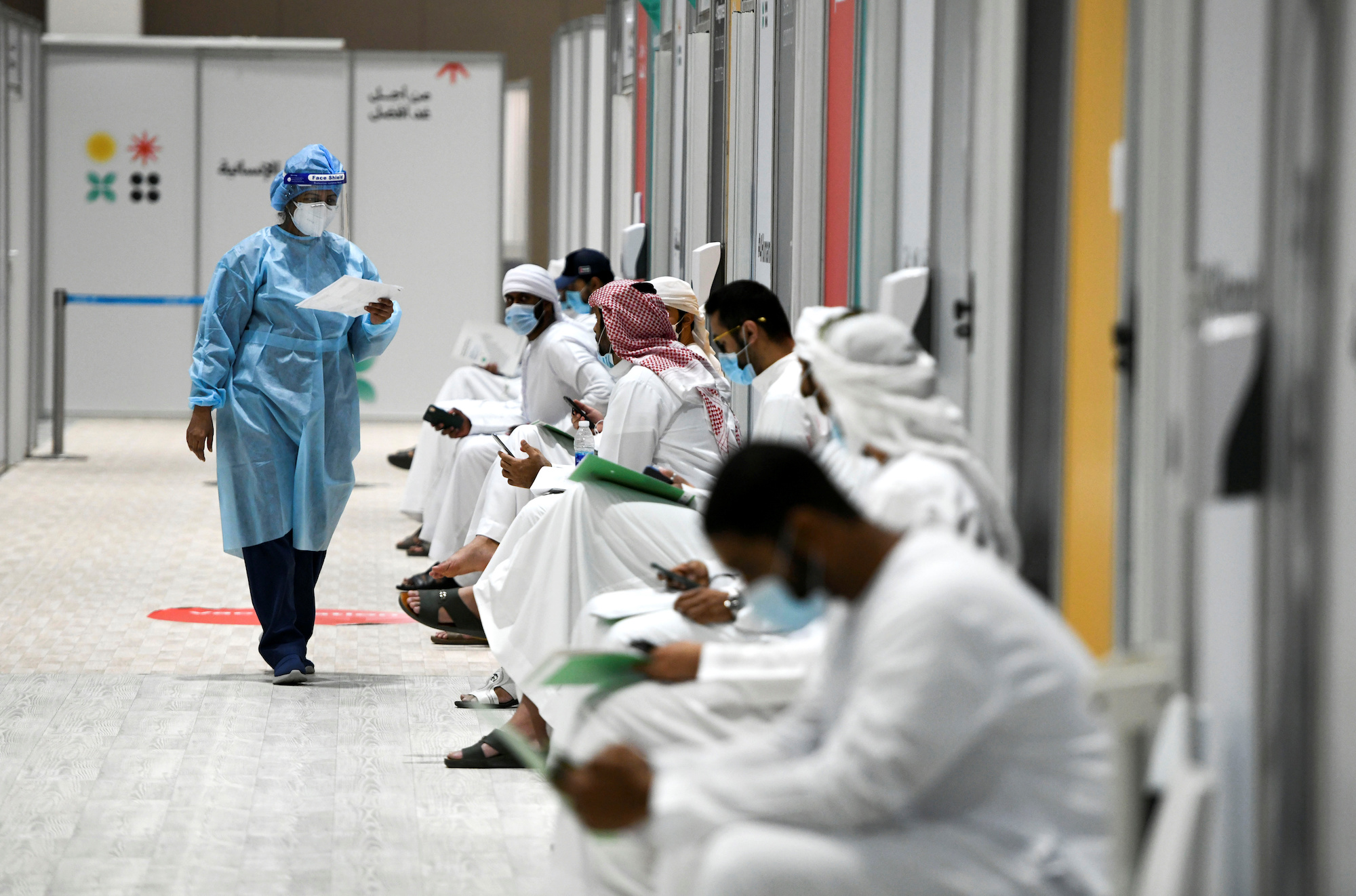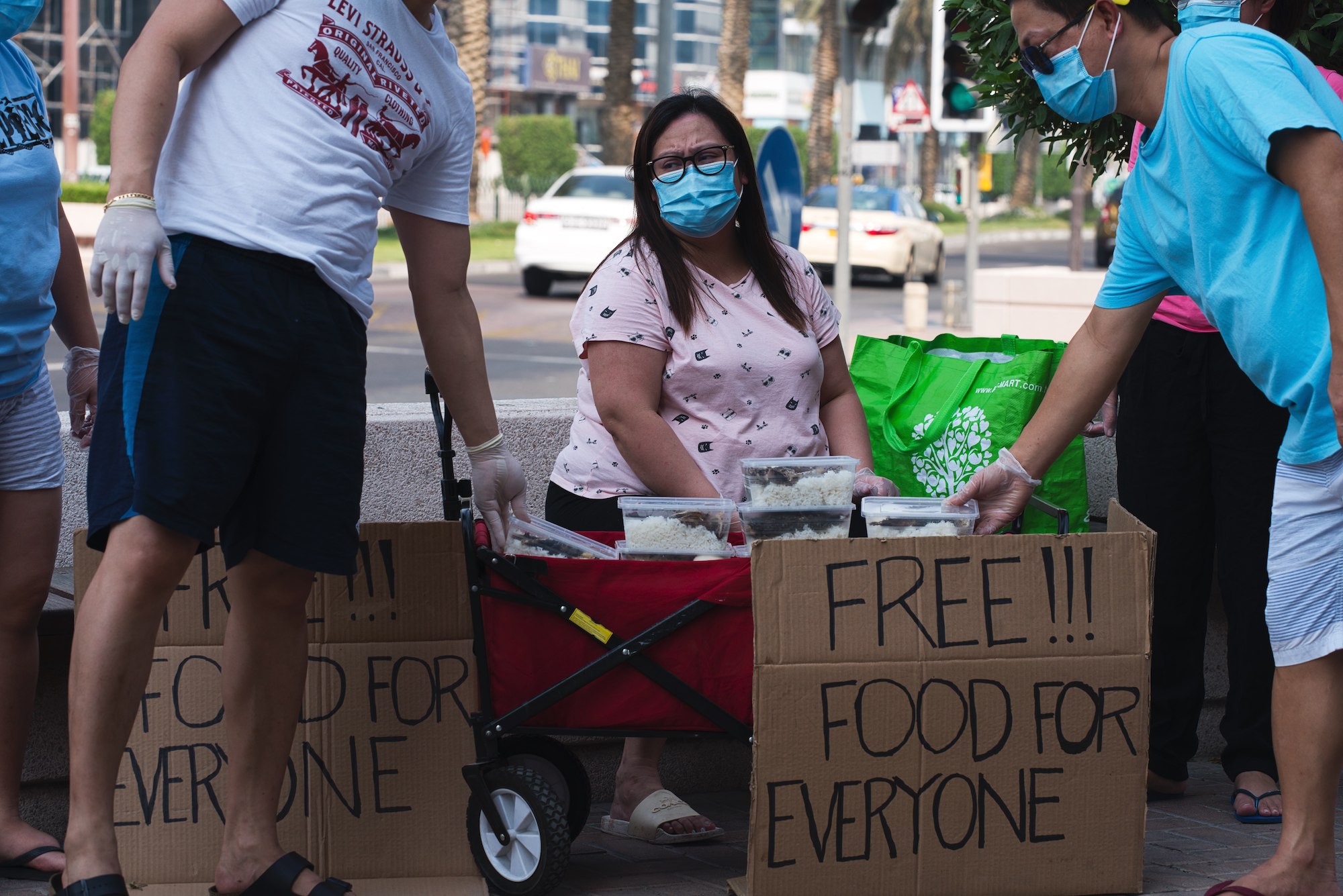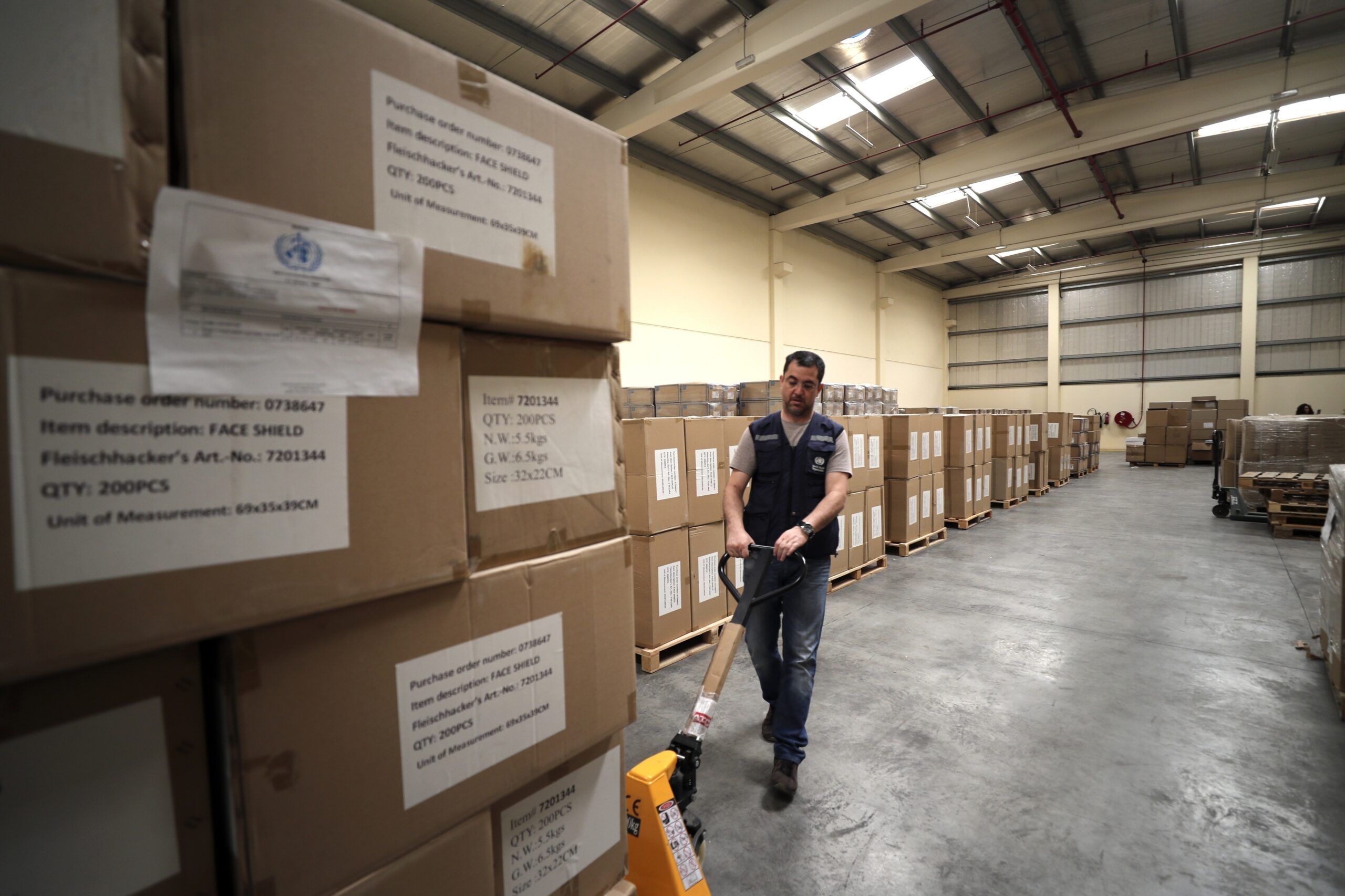Event Report – UAE Security Forum 2020: Resilient Economies, Resilient Societies
This report is based on the presentations and discussions during the UAE Security Forum 2020, “Resilient Economies, Resilient Societies,” held December 15-17, 2020 virtually.

Key Findings and Recommendations
- Discussions around Gulf security have traditionally focused on political and military threats, regime stability, and the free flow of oil and gas. The coronavirus pandemic has shown that human concerns, such as health care, access to food and water, and natural disasters amplified by climate change should also be taken into account in discussions about security, as they can threaten the foundations of Gulf Arab countries and their rentier economic structures.
- While Gulf Arab states reacted comparatively efficiently to the coronavirus outbreak, to improve preparedness for health crises, progress could be made in developing health-care data analysis and increasing capacity in the field of mental health.
- Gulf countries have contributed to multiple international initiatives since the beginning of the pandemic, by offering donations and logistical support and participating in vaccine trials. Such international engagement will be valuable in the years to come due to the high probability of new viruses and pathogens emerging as well as the high degree of interdependence in medical supply chains.
- The coronavirus crisis reinforced the urgency for Gulf economies to become less dependent on oil and gas revenue. As governments are opting for leaner, more streamlined public spending, they should prioritize high performing entrepreneurs and firms, pay closer attention to small and medium-sized enterprises, and better balance monetary stimulus measures and fiscal stimulus measures.
- Ensuring a diversified higher education system is key in the creation of the complex intellectual and technical ecosystems necessary for the full development of a knowledge economy. Gulf countries should resist the pressures to align education with the immediate needs of the labor market, because this can significantly limit innovation.
- The coronavirus pandemic also prompted positive developments, such as the acceleration of the digital transformation of schools and universities. This creative response to the crisis can serve as a basis to extend educational outreach to new or remote populations.
- New technologies and research can offer promising avenues for food security. For instance, they can help to increase local agricultural production – a critical issue considering the Gulf’s reliance on foreign food supplies.
- Because climate change will create further economic and environmental challenges, Gulf states need to recalibrate their energy mix. Coronavirus recovery packages represent an opportunity to include measures targeting sustainability and energy efficiency. These measures will benefit the environment, create jobs for youth, and accelerate economic diversification.
Opening Remarks
Session 1: Harnessing Momentum To Build Global Public Health Security
Session 2: Education and Innovation in the Gulf
Session 3: The Way Forward Toward a Green Recovery and Sustainable Future
The views represented herein are the author's or speaker's own and do not necessarily reflect the views of AGSI, its staff, or its board of directors.


